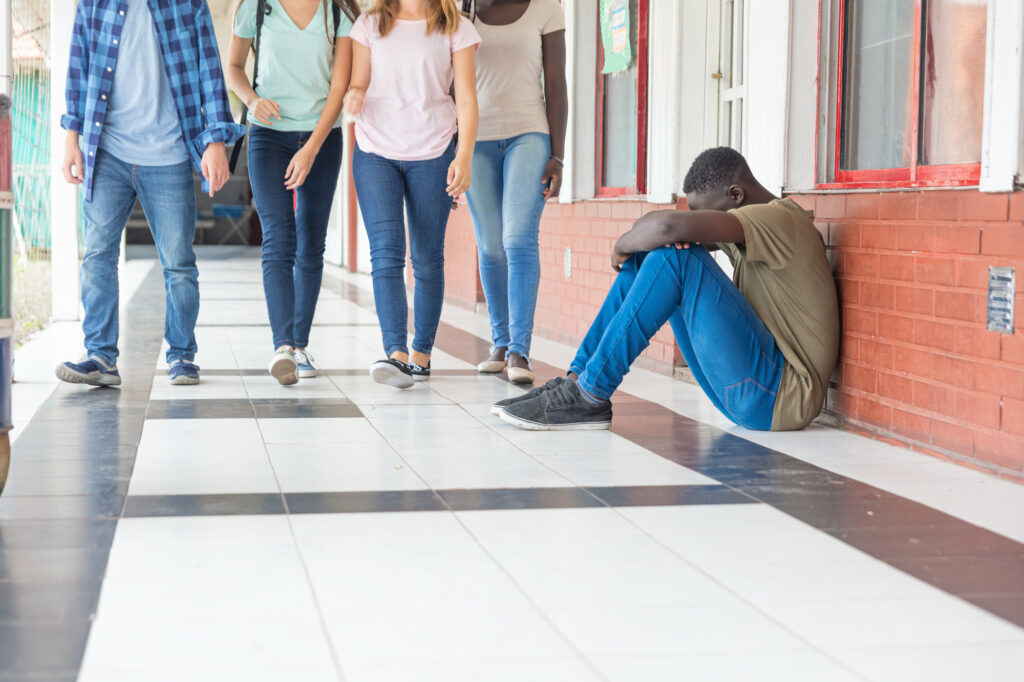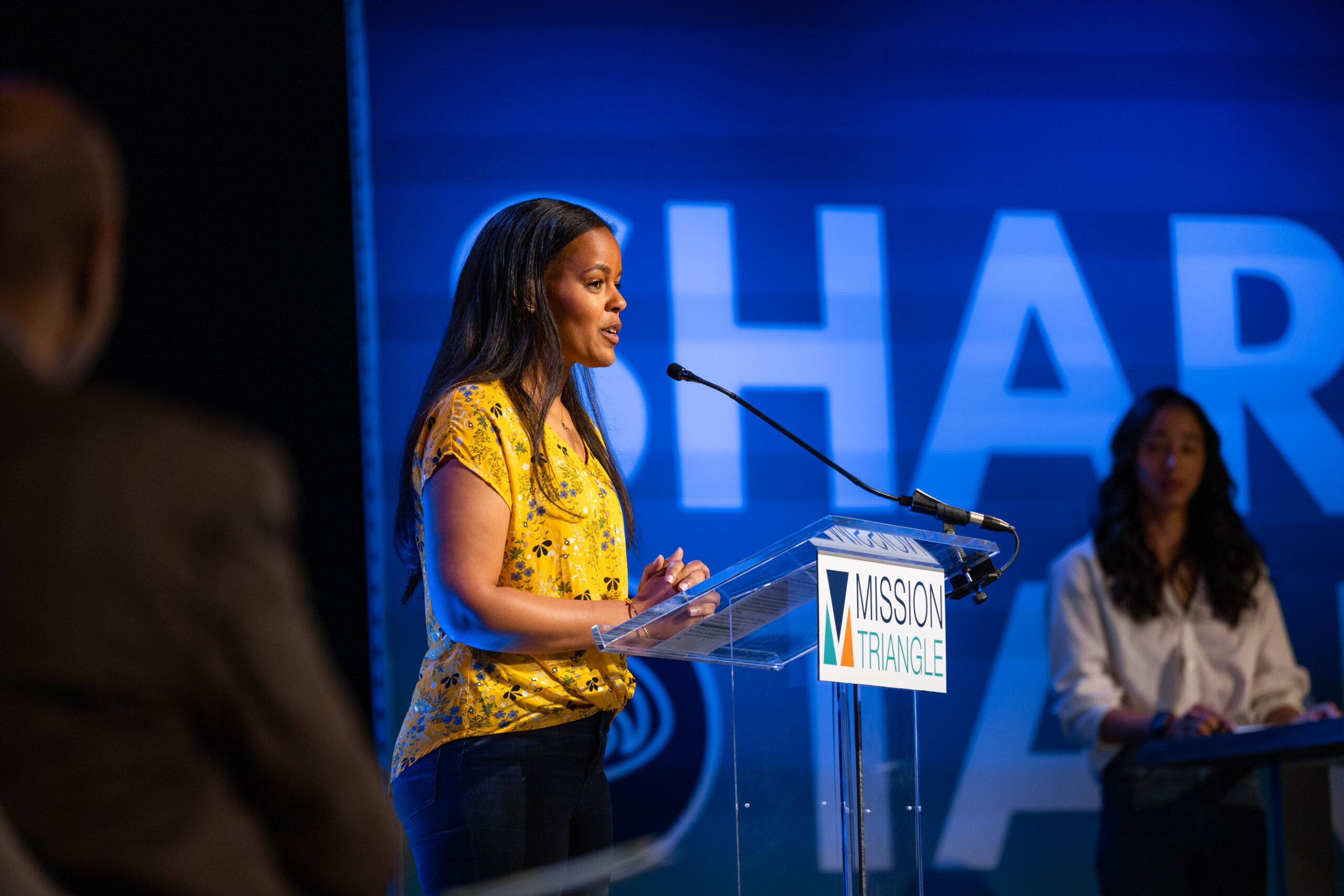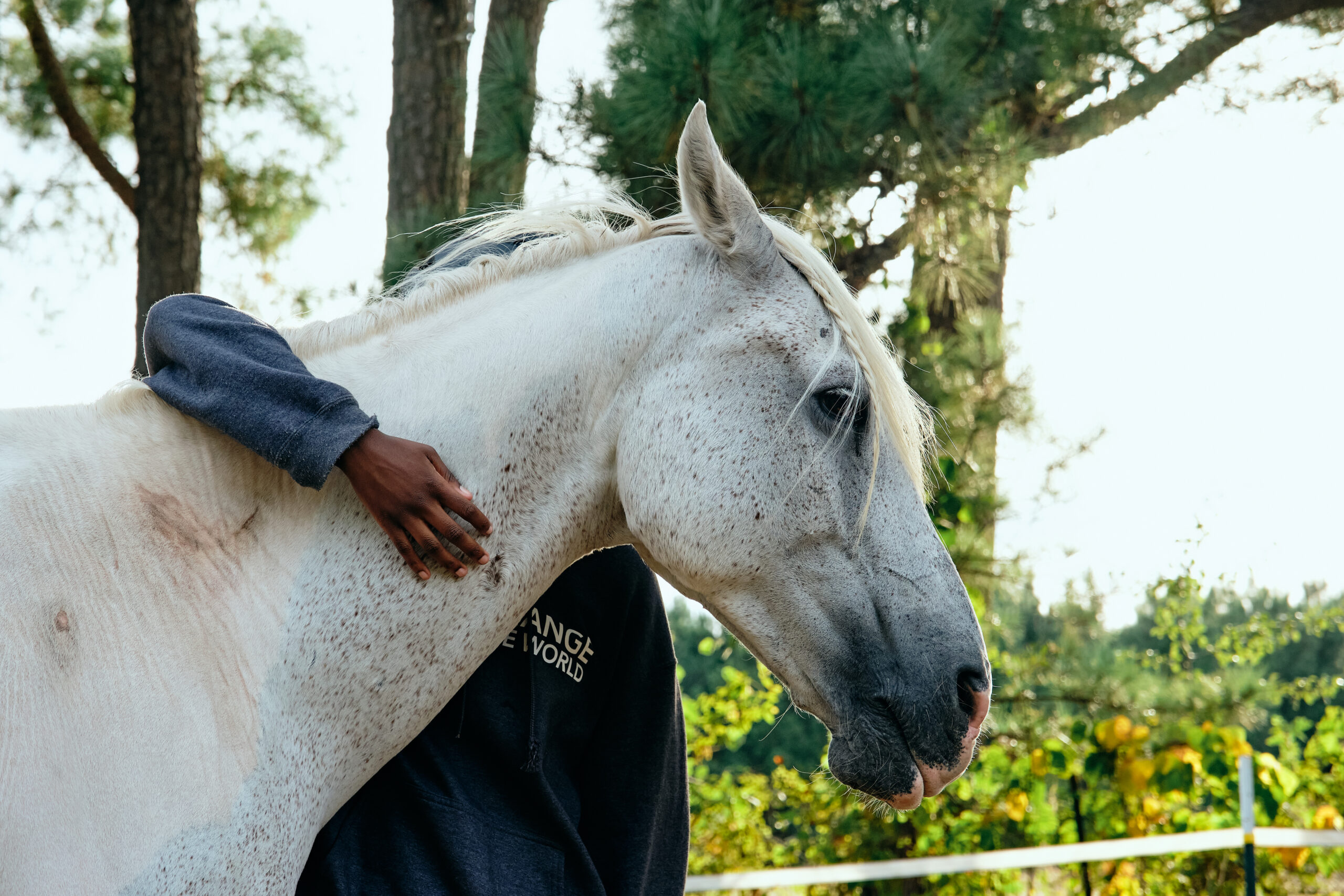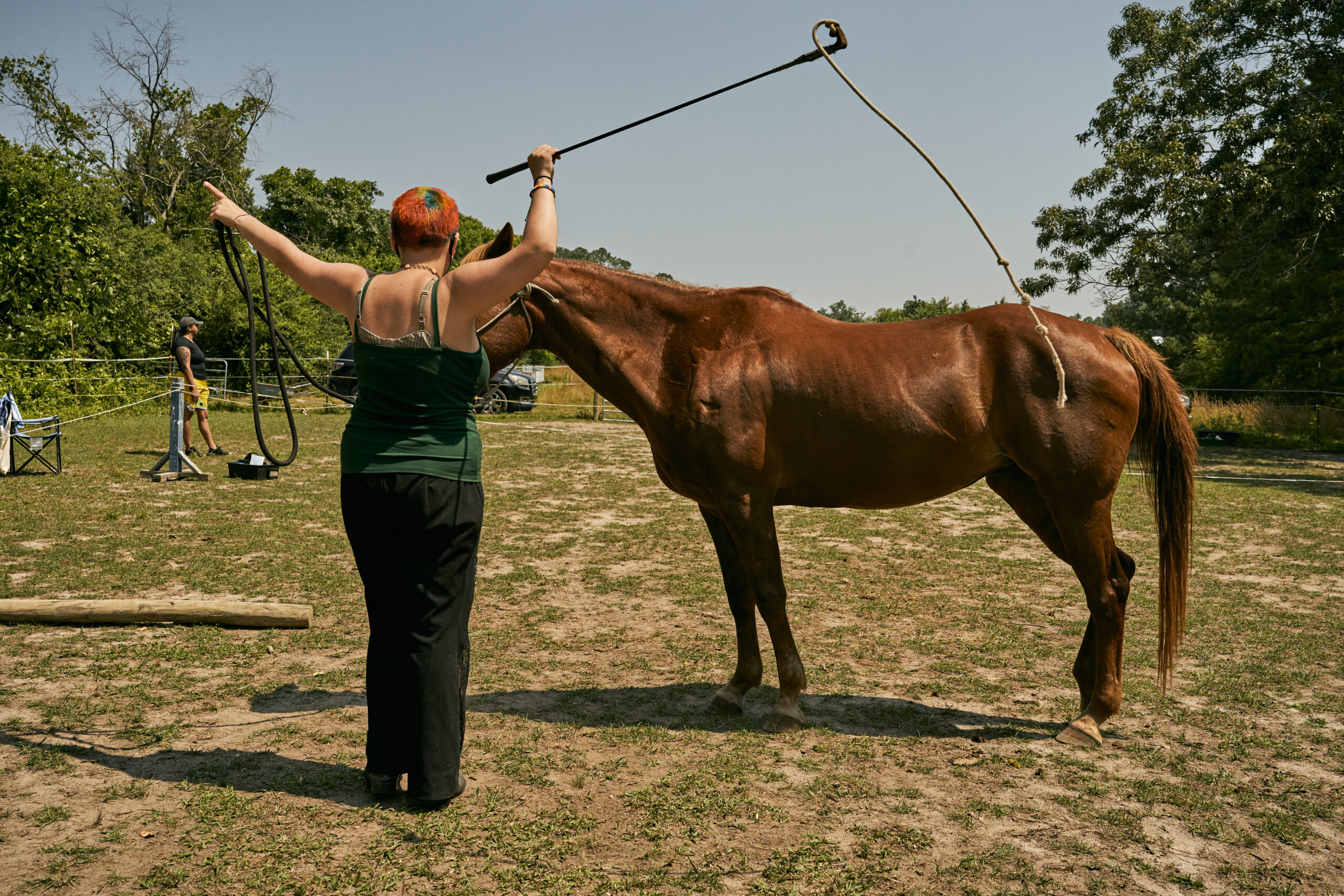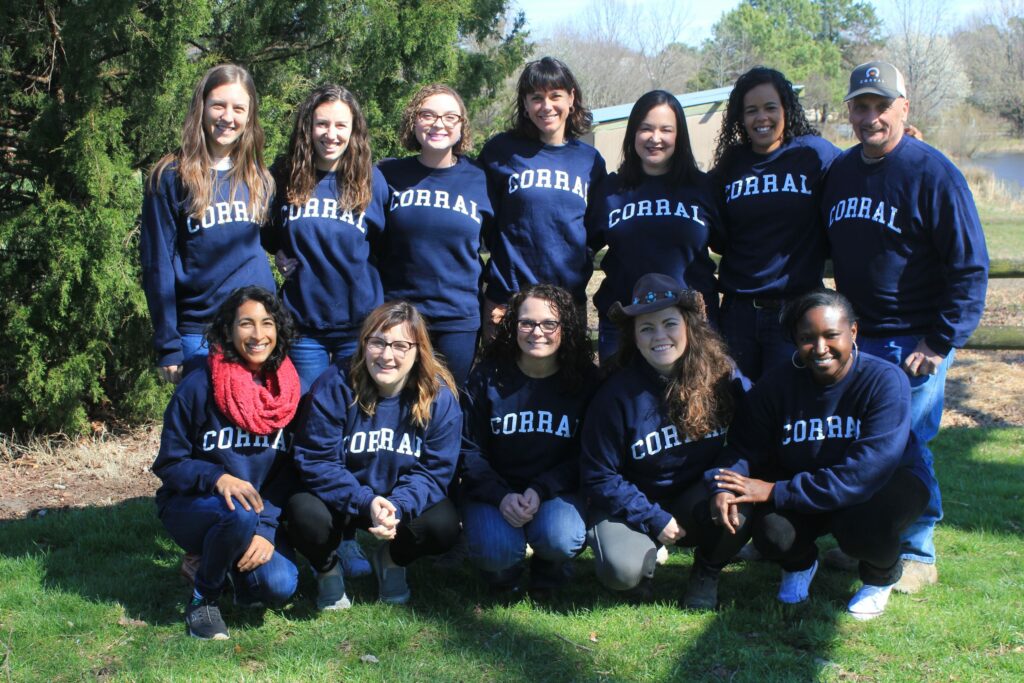CORRAL Riding Academy — a small, local non-profit that’s dedicated to making a big impact in the lives of girls — doesn’t interact with our Congress, the NRA or the FBI. These large scale organizations don’t have much relevance to the grassroots, faith-based non-profit I founded, so I have no concern here with their work in the context of CORRAL’s accomplishments.
However, as the founder and director of CORRAL, my direct concern is how the young women we serve are impacted by incidents like the recent tragedy at Marjory Stoneman Douglas High School in Parkland, Florida. So I do have a stake in the well being of teenagers, and the responsibility of local communities to care for and support them. We can’t solve this in one blog post — if it was that easy, it would be done already, right? But for the purpose of this one conversation, let’s start with the one point we all agree on: we don’t want this to happen to our kids. Not one more time. So what do we do about it?
Here in Wake County, our local community has already demonstrated an incredible willingness to tackle some of the tough factors that influenced the Florida shooting. For example, our community’s Juvenile Crime Prevention Council (JCPC) provides over $2 million to local non-profits like mine that work together to address the needs of kids like Nicholas Cruz who showed risk-factors for violent crimes. Moreover, our local JCPC doesn’t simply funnel money. It also demands results from organizations that receive this money; it expects to see results that indicate our efforts reduce the possibility that young-adults (like Mr. Cruz) will engage in violent behaviors.

Changing Lives Begins With Safety
As a Wake County non-profit, CORRAL has over 400 donors who support us annually because they believe that — one child at-a-time — we can come together to offer a better alternative to kids who might otherwise be headed towards incarceration. Far before the age of 19, we have the opportunity to intervene in lives of kids who, not unlike Nicholas Cruz, are on the road to incarceration. And while not many deteriorate into a mindset of violence so completely, our experiences with court referred teens fuels our belief that, as a community, it is absolutely possible to change the course of young people’s lives.
How do we do this? Through safety. The work we do every day at CORRAL is rooted in six paired core values, one of which is “Safety and Risk-taking.” That means that we’re dedicated to physical, emotional and spiritual safety, while at the same time encouraging risk-taking that casts off fear.
Our primary work is to create an emotionally and physically safe place so that young people who have received some hard knocks in life can heal. We understand that, according to Maslow’s hierarchy of needs, kids need safety first and foremost. We maintain that safe space so that our young women can focus. In safety our teens learn new, appropriate behaviors, responses and actions. In safety they learn to risk vulnerability, leading them to understand love, to have belonging and to develop their self-esteem.

We Must Make Our Schools Safe
I visit my local public schools regularly on behalf of the CORRAL Academy girls. At some of them — not all! — I simply walk in the front or side door. No one ever stops me or questions why I am there. Because I am (generally) a rule-following individual, I sign in at the front desk. However, no one would notice if I didn’t. Will I see a news story one day about a lockdown at one of the schools our girls attend?
Our schools are not emotionally safe either. Over half the girls we work with at CORRAL are bullied at school. And this isn’t because there are “bad kids” who aren’t parented. The other half of the girls that CORRAL works with are the bullies! Yet both those bullied and the bullies themselves share something crucial: they are kids who feel unsafe. In either case, they react to the school environment in ‘fight or flight mode.’
I have worked with girls who have been raped at school and who have been physically and sexually assaulted at school. I have worked with girls who were unable to attend school because violent international gangs would find them there. I have worked with girls who were afraid to speak up at school for fear they might be noticed and their immigrant families would be deported. I have worked with girls who were told by her peers daily that they would be “better off dead”.

Teachers are not to blame. I stood in their shoes once. Before CORRAL I taught. Teachers are trying to keep the peace in a classroom of children, many of whom who will walk back out into the halls to be re-traumatized by their peers or even by well-meaning adults. It’s not only the students who are harmed. I once was physically assaulted in my own classroom – by one of my favorite students.
We Can Create Safe Schools and Safe Havens
At CORRAL, the environment is much smaller than an entire county school system; creating safety is much more within my control as a leader. That said, we also work with some of the most at-risk girls in our community and thus far — cross my fingers — we have never had a fight break out, drugs brought on the property, gang intimidation occur or weapons introduced. I can’t help but think that if we at CORRAL with our limited budget and small space can make that happen, surely our schools can do it too.
I am not alone in the belief that safe schools are attainable. I am an alumna of Teach For America, and they also believe schools can and should be safe havens. This month’s Corp Member magazine featured an article How to Design a School as a Safe Haven: Lesson from a Veteran Principal. I know schools like this; in fact I have worked in one (Uncommon Schools)!
Blame Is Too Easy
Blaming Congress, the NRA or the FBI for these tragedies hasn’t solved this problem yet, so I’m not about to do it here. Nor will I point fingers at school administrators or teachers. They are our allies in the work we do, and deserve to be empowered to do their own work because they care about these kids too. Given our experience with creating safety at CORRAL for at risk kids, what I will do is ask a hard question: Is expulsion helping?
No doubt the intent at Marjory Stoneman Douglas was keeping his classmates safe, and Nicholas Cruz is clearly not the norm. I’m not interested in the blame game of “who missed the signs with Nicholas Cruz?” What does concern me is whether we are systemically equipped in the community CORRAL serves to see the next Nicholas Cruz coming. Because if we don’t think it’s possible that kid is right here in our midst, we are offering up all of our kids as sitting ducks. That is not acceptable to me.
I’m betting you don’t accept that, either.

Ending school violence will not happen as a result of government finger-pointing. Instead, let’s all do something. As citizens, as experts in our field, as parents, as a community: let’s create an action plan. I mentioned the ease of access in some of our community schools — now there’s a concrete start! We can absolutely make that change. Let’s provide schools and educators the resources they need to make schools safe-havens for our precious children. Then perhaps we can deepen the conversation about how to surround them with support, to address the needs of kids like Nicholas Cruz, who are at risk for incarcerations and expulsions. It is totally possible, but we will need to take part. I’m ready for that conversation, even if it’s only with one or two of our local principals. If there’s something we’ve learned here at CORRAL that can scale upward into the local school system, I am ready to lean in.
That leads to my next question: What will you do to help create schools as safe havens for our children?

